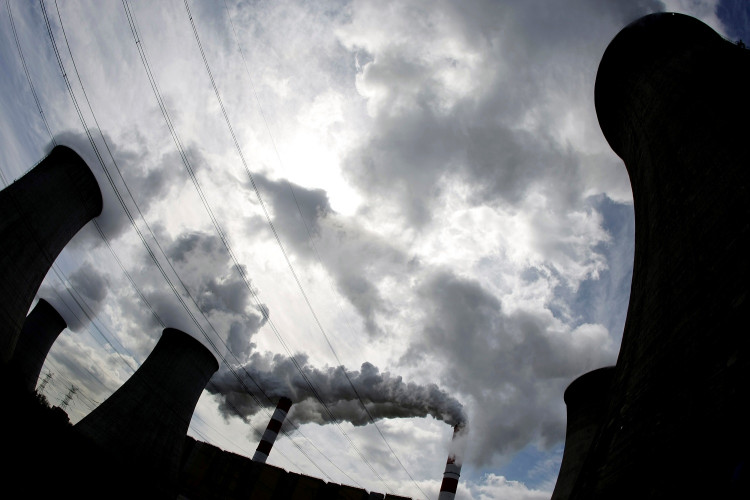The UN Secretary-General called for "immediate, rapid, and large-scale" reductions in greenhouse gas emissions on Thursday in order to slow global warming and avert climate disaster.
Antonio Guterres reminded governments ahead of the annual UN General Assembly meeting next week that climate change is progressing faster than projected and that fossil fuel emissions have already recovered from a brief downturn.
Guterres said at the introduction of a UN-backed research that recent extreme weather, ranging from Hurricane Ida in the U.S. to floods in Western Europe and a deadly heatwave in the Pacific Northwest, shown that no country is spared to climate-related calamities.
"Unless there are immediate, rapid, and large-scale reductions in greenhouse gas emissions, we will be unable to limit global heating to 1.5 degrees Celsius," Guterres said. "The consequences will be catastrophic."
Six UN bodies and scientific organizations argued in their report, titled "United in Science 2021," that there is a direct link between human-caused emissions, record high temperatures, and disasters that have a tangible impact on individuals and societies, including "billions of work hours (...) lost through heat alone."
They noted that more impacts are unavoidable due to the long-term effects of many of the emissions already released into the atmosphere.
Guterres urged governments to offer up more ambitious emissions-cutting plans by the upcoming UN climate summit in Glasgow, including a pledge to stop adding more greenhouse gases to the atmosphere by mid-century than can be removed.
If global warming exceeds 1.5 degrees Celsius, the hottest of the hot temperatures will rise, causing many (more) regions to become dangerously hot.
Going above 1.5 degrees Celsius raises the risk of potentially life-threatening heatwaves and poverty for millions more people. It almost completely destroys coral reefs, on which entire ecosystems rely all over the world. Seas are engulfing even more of our cities.
The U.S., the U.K, and the EU have already made pledges that, if implemented, would help to prevent dangerous global warming.
The good news is that the rate of fossil fuel extraction is beginning to slow, as evidenced by the recent decline in coal production in the U.S. and Europe, and oil production is expected to peak within the next decade.






